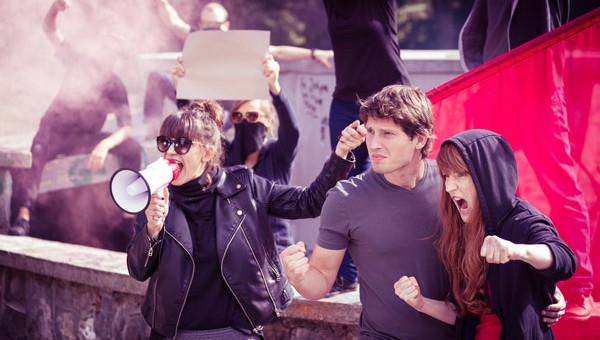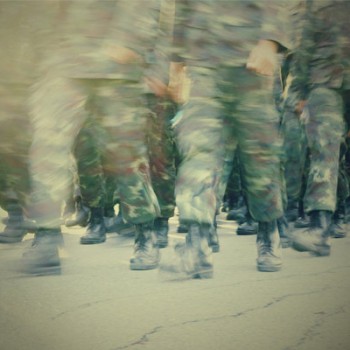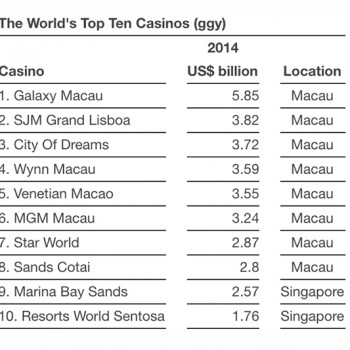
Nintendo sparks protests in Hong Kong over Pokémon localisation tweak
Nintendo just can’t keep itself out of gaming localisation rows. The Japanese industry leader has had a particularly turbulent 2016, touching on controversies over sexism, child pornography and unfair dismissals.
It goes to show how much people care about their games and the impact even the smallest details can have. A few costume changes, a censored mini game and some sloppy translations have all written unwanted headlines for Nintendo this year. This time, the firm has sparked protests in Hong Kong over changing the name of one of its most iconic characters.
How important can a character’s name be?
The character in question is a fictional mouse-like creature who shoots lightning bolts from his cheeks. Pikachu is the central character in the Pokémon universe that Nintendo games made so popular. There’s a small discrepancy, though.
The mouse we call Pikachu in English is pronounced more like “Pi-ka-qui” in Mandarin, China’s official national language. In Cantonese, which is the most widely spoken language in Hong Kong, the name sounds more like “Bei-kaa-chyu”.
It’s a subtle enough difference and, until now, there haven’t been any problems. What changed all that was a statement from Nintendo Hong Kong calling on all “Chinese” Pokémon fans to adopt the international pronunciation of “Pikachu,” regardless of whether they speak Mandarin or Cantonese.
It turned out to be a pretty unpopular move among Hong Kong fans and Nintendo has discovered just how important a character’s name can be. It’s another lesson from the firm on video game localisation gone wrong.
More than just a name
If creating a fuss over one character’s name sounds excessive, it’s worth knowing the social and political background at play. The history between China and Hong Kong is a difficult subject that lives on today. The recent mass gatherings in Hong Kong to mark the anniversary of the 1989 Tiananmen Square protests show how strong feelings still are.
The Tiananmen Square incident was a major turning point for many Hong Kong nationals who lost faith in the Beijing government. This sentiment has lasted beyond Great Britain’s handing over of the nation to China in 1997. The celebrations today are seen as an expression of Hong Kong’s autonomy and its identity – a move to distance itself from China.
So what has any of this got to do with the name of a fictional character? Well, part of Hong Kong’s identity is its main language, Cantonese. There are millions of Cantonese speakers in China, too, but it’s often considered a less elegant language than Mandarin in the country. Beijing has also made repeated efforts to phase out Cantonese in China. Meanwhile, Hong Kong looks on as one of its most identifiable characteristics is increasingly marginalised.
“Our culture [and] language is threatened by the Beijing government, Mandarin and simplified Chinese,” Civic Passion leader Wong Yeung-tat told Quartz. “We’re afraid Cantonese may be disappearing.”
The simple marketing decision by Nintendo to rename its character is another blow to fans in Hong Kong who are afraid of losing their identity.
The cultural impact of localisation
Nintendo has shown us time and time again this year how even the smallest changes can make a huge impact. The tension between Beijing and Hong Kong is no secret – especially in Japan, one of China’s closest neighbours. It’s a little surprising that nobody in the marketing divisions in Japan was able to predict this sort of backlash.
Either way, the decision managed to make its way through Nintendo Hong Kong and the end result was Pokémon fans protesting outside the Japanese embassy. It just goes to show the importance of cultural understanding in these kinds of decisions – especially when you have an existing fan base to keep happy.
- Posted by Alexandra Kravariti
- On 17th June 2016
- 0 Comments



0 Comments